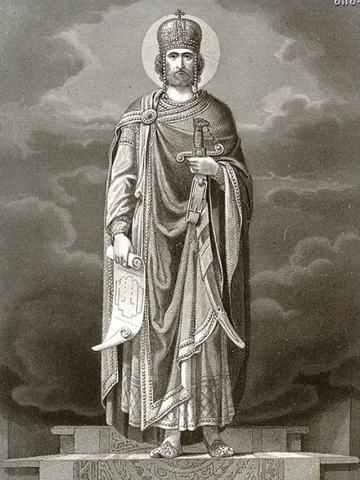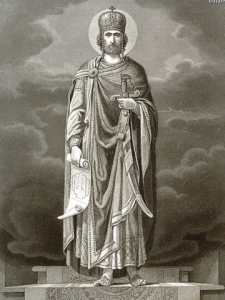Georgia’s Dilemma of ‘Centralization Vs Decentralization’
On November 14, the Georgian parliament failed to enact the proportional system. While there are arguments and counter-arguments as to why the new electoral system is problematic or beneficial, I would like to put this discussion into the context of Georgian history.
From the very beginning, it is worth noting that one of the phenomena of Georgian history was either a government's (or a dynasty’s) attempts, however successful, at gaining total domination of the state institutions, which resulted in increased decentralization, often bordering on anarchy in the country or even its dissolution.
From the time of the royal family Bagrationi’s rule in the medieval and post-medieval period in Georgia, there were always attempts to establish effective (near-total) control over the land. Though there is an innate tradition among the Georgian population to shake off increased government control, the true reason which fed this tradition has always been a relatively weak political center trying to dominate the political life in the country. Where David IV the Builder or Queen Tamar had successful reigns and there was an increased centralization of power, still beneath the surface all was not so rosy. Powerful feudal lords, controlling far flung territories, were difficult to keep under royal sway. Personal authority mattered a lot and this explains why almost each new Georgian monarch faced internal troubles caused by those lords seeking to increase their autonomy.
Since the break up of the Soviet Union in 1991, though there is no longer a medieval feudal system, Georgia has continued facing the same problems. The political and economic center, Tbilisi, is powerful, but at time not as powerful as necessary to control far away territories. This caused constant challenges in the capital that regions might break apart the country. In a way, what happened in Abkhazia and Tskhinvali region also reflects the center’s poor ability to exert effective influence in those regions.
It is a kind of cyclic process when a weak center causes troubles countrywide, but the stronger one too in the end causes disturbances (constant demonstrations) as happens nowadays.
Even following the 2004 Rose Revolution when a more centralized government was created in order to control far-away regions, the government in Tbilisi needed loyal people on the ground. This explains why the same people for more than a decade could run for parliamentary positions under the name of different parties. One could see the reasoning behind the creating this system: The political center wants to control poorly connected regions with powerful figures who would be elected through the majoritarian system.
Again, this all brings us to geography. Georgia, though a small state, has tough geographic landscapes which historically precluded the center, Tbilisi, of having effective control over various regions. There was always a lack of roads and connectivity in the country. Poorly interlinked regions led to the rise of many dialects and the ease with which the country disintegrated several times throughout history. These geographic reasons still work today.
Thus what we see currently unfolding in Georgia is the dilemma within the ruling political elite ‘what if the center loses the regions to other parties?’, ‘what if many different parties enter parliament?’, ‘would this create complications, perhaps even perennial instability in Tbilisi and across the country?’
It is hard to say for the moment how the process in central Tbilisi will evolve in the coming days or weeks. But it is also worth saying that, notwithstanding Georgia’s above-mentioned historical dilemma, a proportional system would be a move forward. In the longer run, it could even produce new political entities which would serve as the third, fourth, fifth viable and competitive political forces so much needed in Georgia.
By Emil Avdaliani
Image source: commons.wikimedia.org












